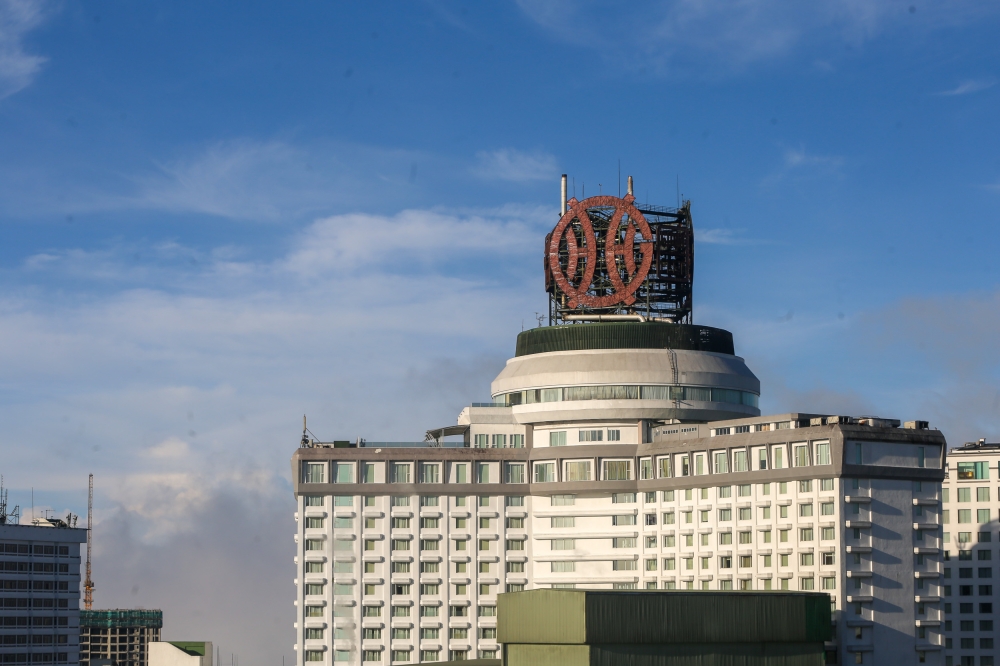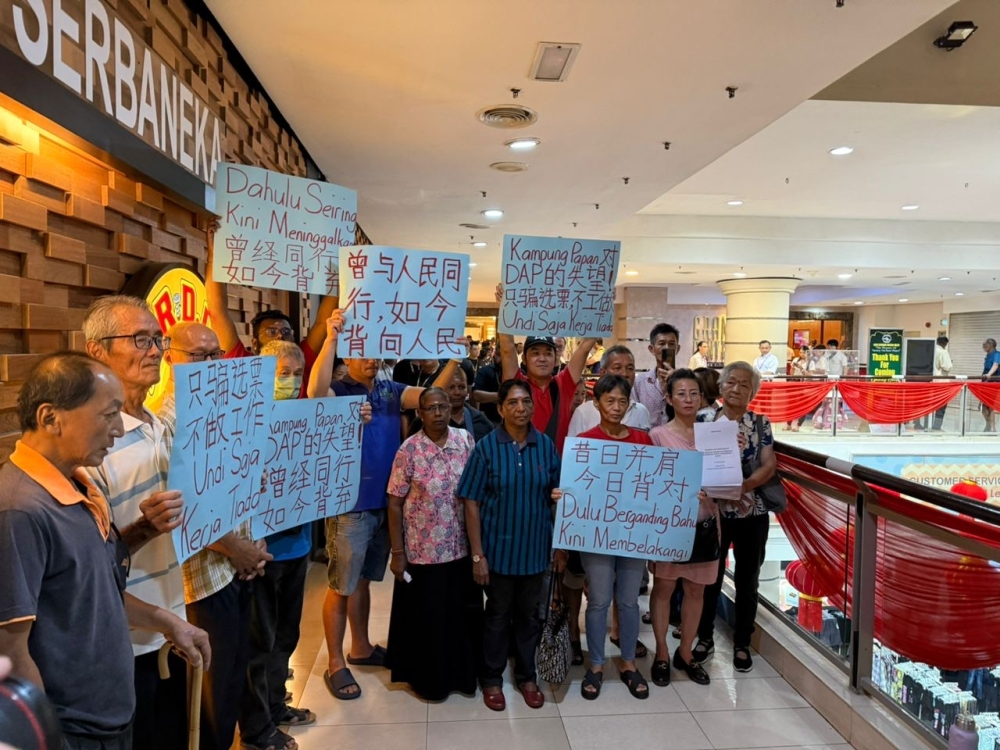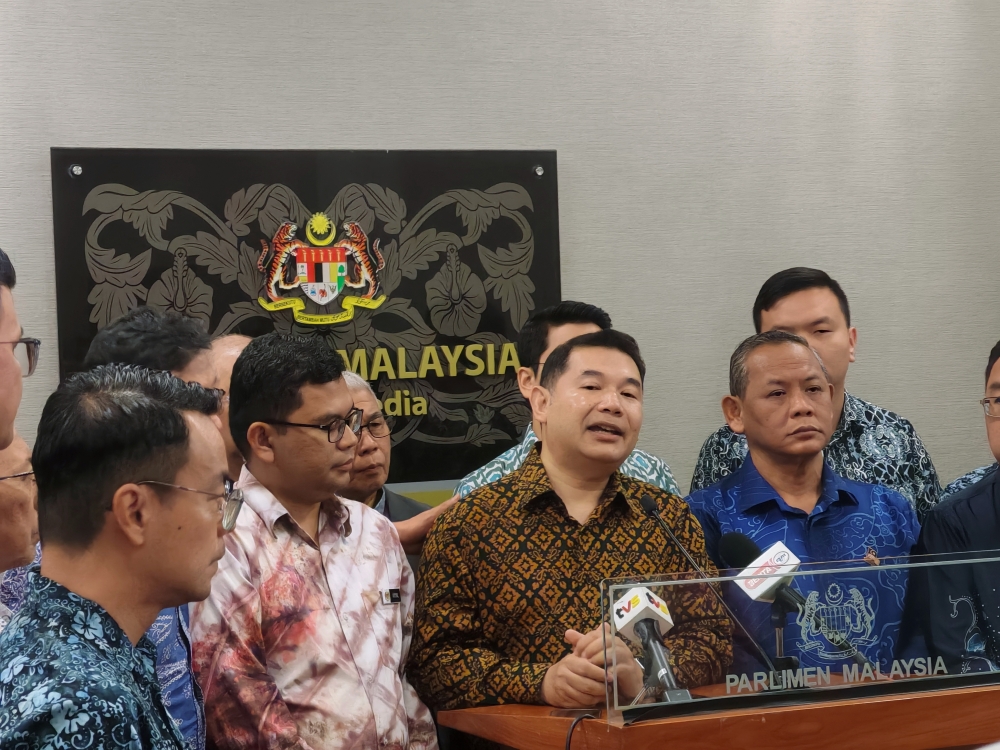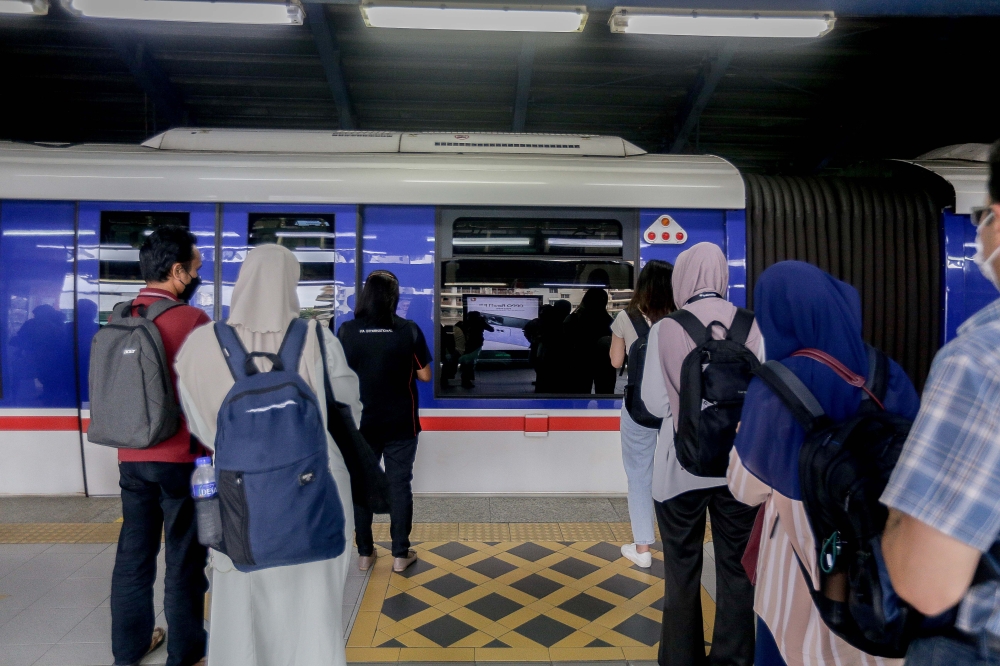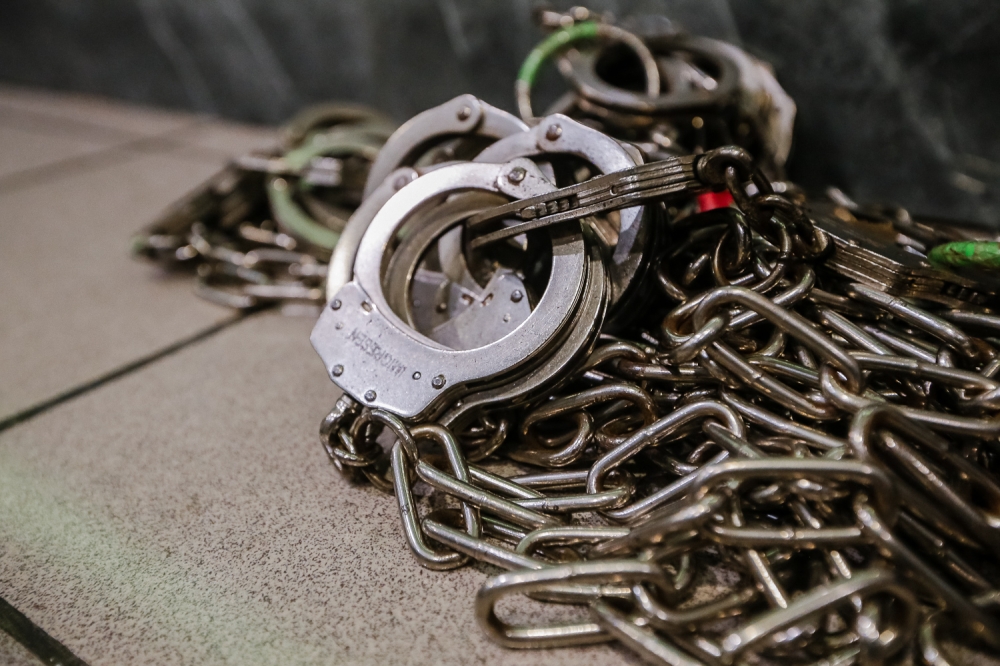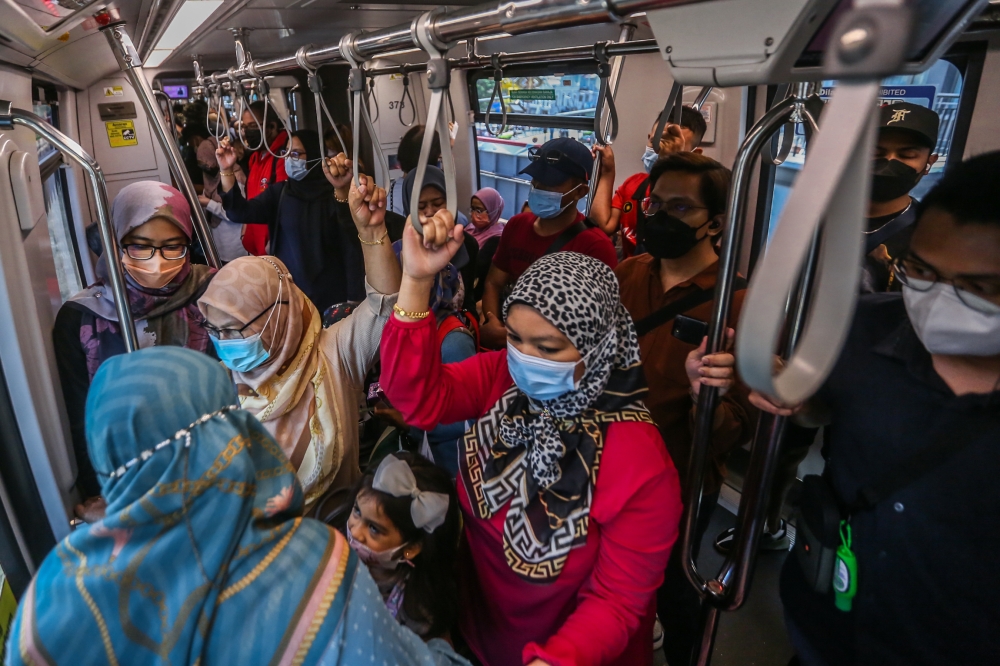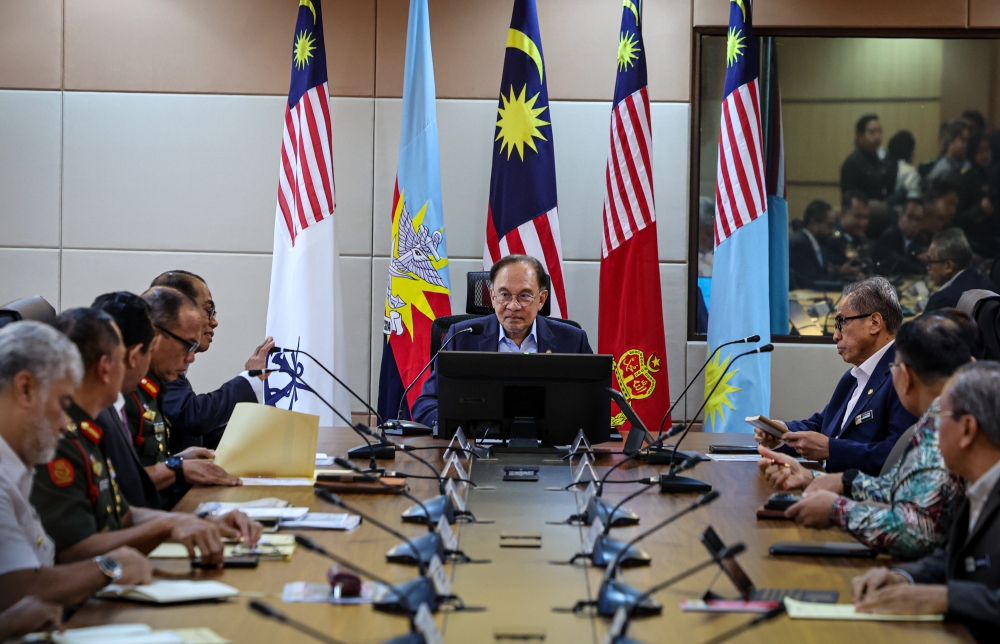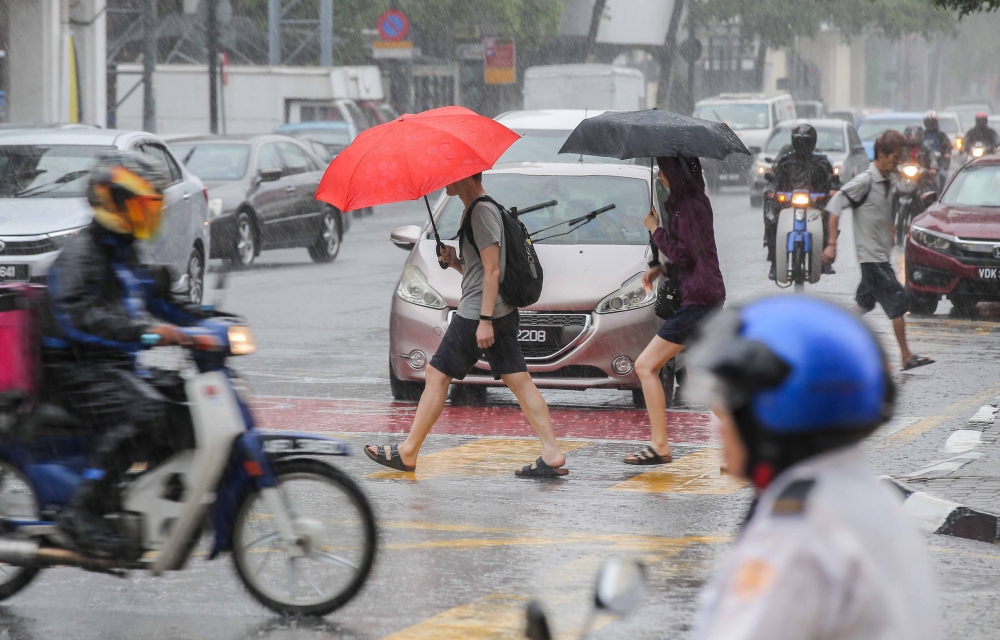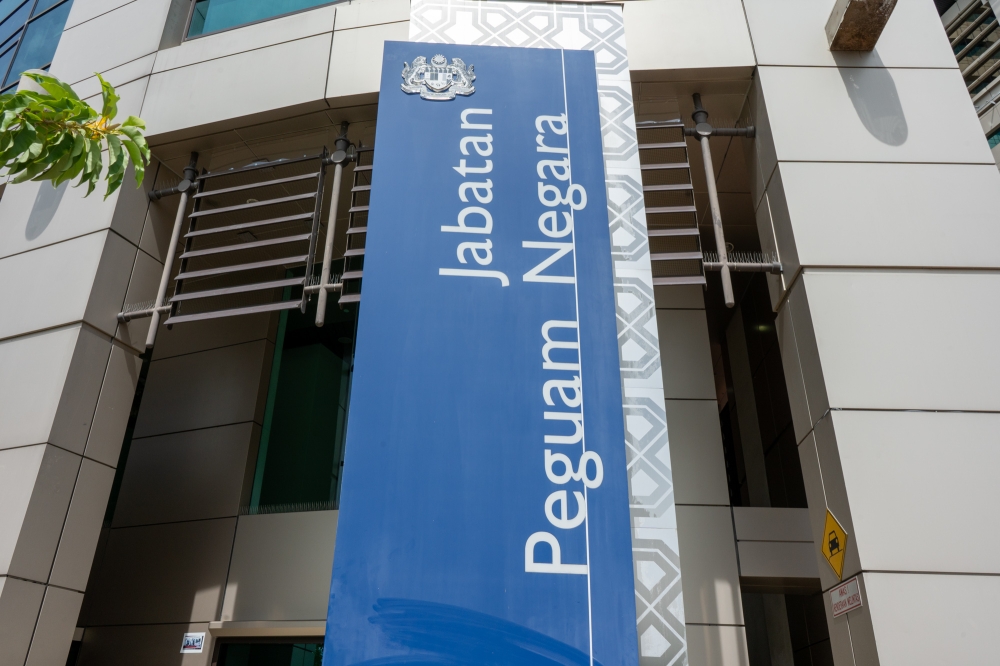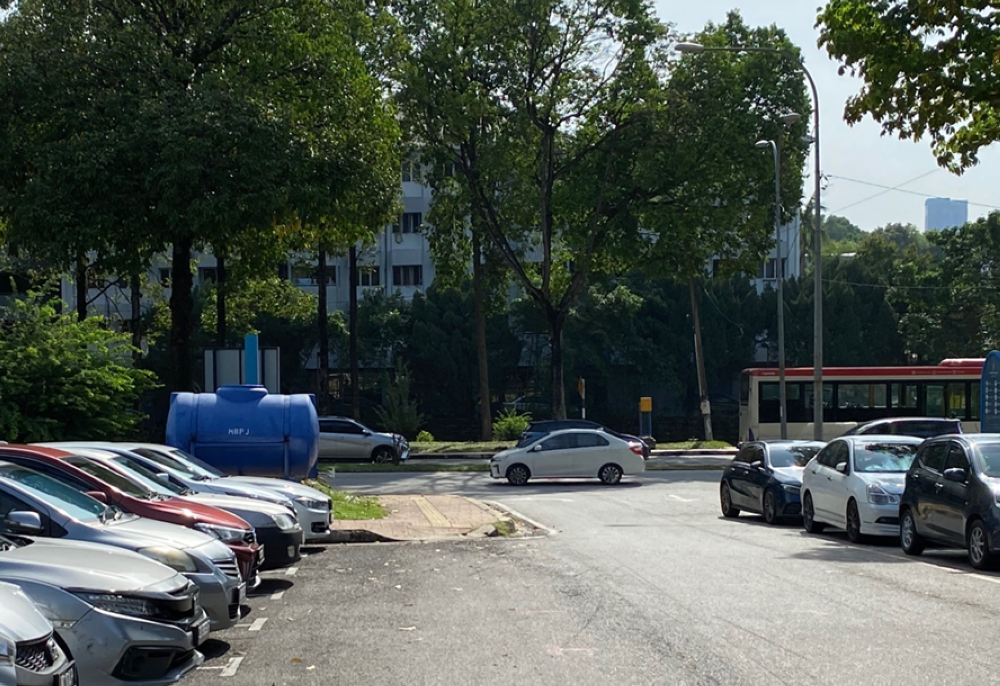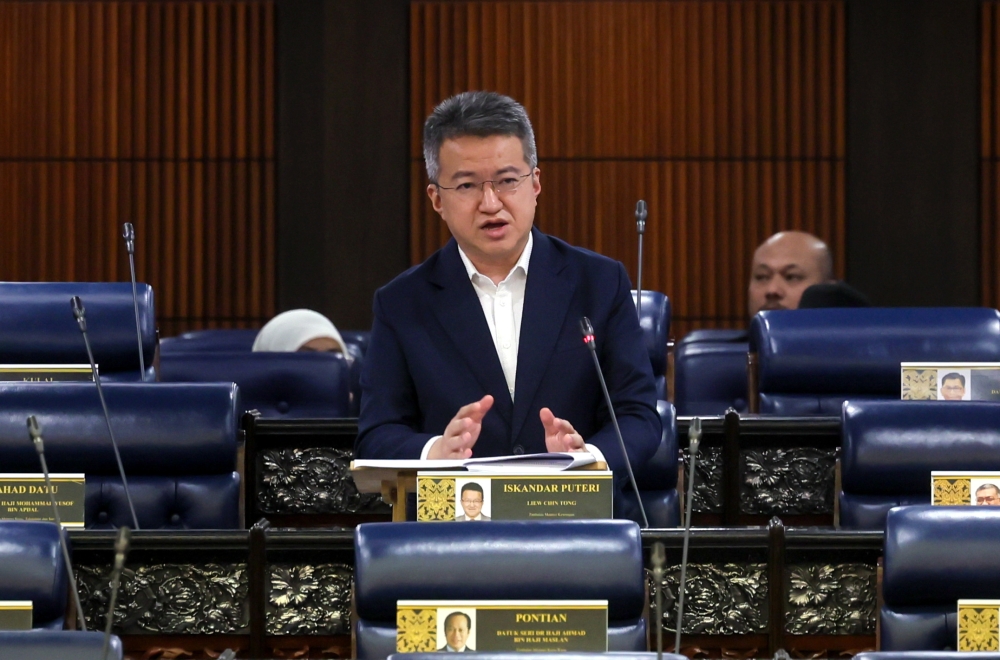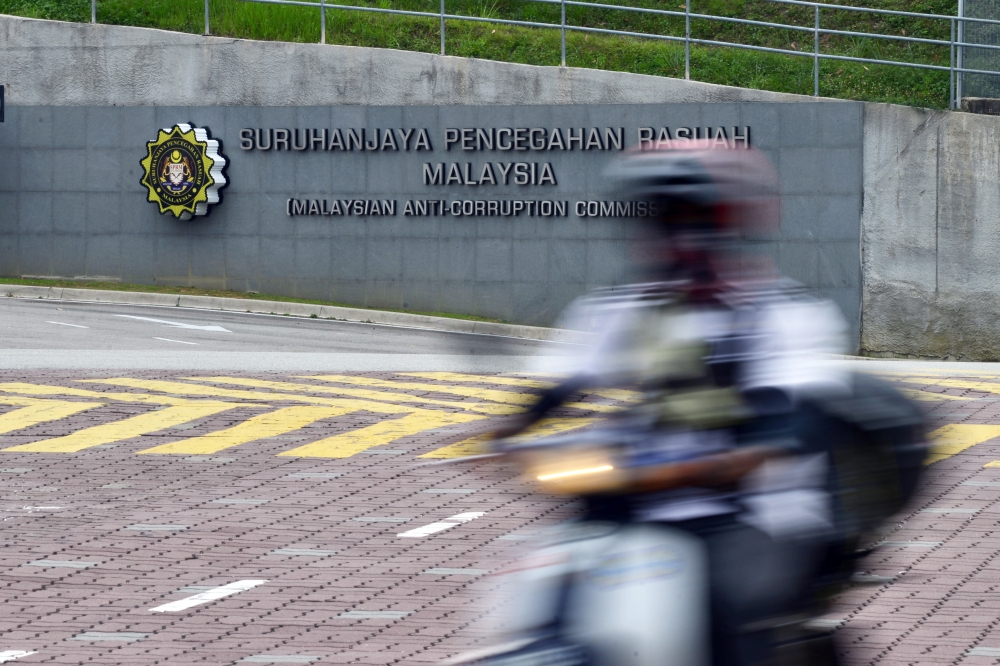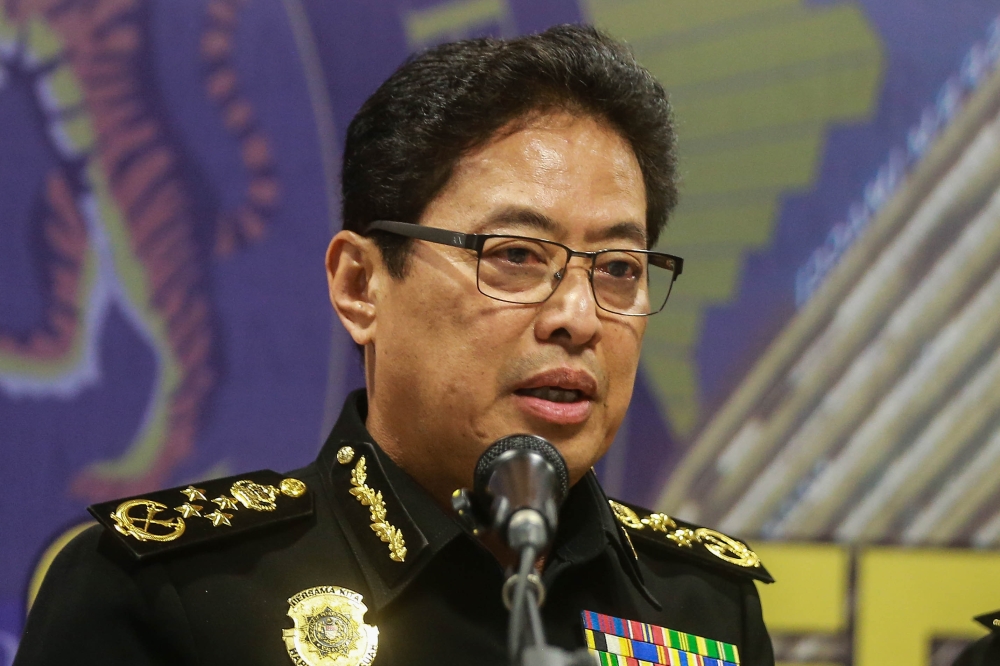MARCH 31 — “Amateurs discuss tactics; professionals discuss logistics” is a quote often attributed to Napoleon.
Whether one is managing a battlefield, multinational business, soup kitchen or — as we are now experiencing — pandemic, setting up and maintaining an effective logistics chain is of paramount importance.
If neglected or mismanaged, it will have dire consequences for Malaysians, beyond the immediate healthcare impact of this virus.
In combating and managing the impact of this pandemic, logistics isn’t just limited to the challenge of ensuring medical personnel and equipment are where they are needed the most, at the right time and in the right quantity.
Or in the transportation of patients for screenings and treatments. Or even in the supply of necessities in areas that have been totally locked down like Kampung Datuk Ibrahim Majid and Bandar Baharu Datuk Ibrahim Majid in Simpang Renggam.
It also entails making sure that goods and supplies continue to be transported between farms, factories, warehouses, shops and airports and ports.
To this end, the government has allowed logistics and transport services that support essential production and manufacturing sectors to continue, albeit with reduced manpower.
Nevertheless, almost two weeks into the MCO, there are still plenty of gaps between announcements and intention, as well as between execution and facts on the ground.
News reports have highlighted the reports of food going to waste because there is no transport available for farmers and fishermen to send their goods to the markets or distributors.
Some industries deemed essential, including those involved in the production of medical gloves and even food have been asked to scale down production. This is not yet taking into account additional hindrances in both the supply and distribution chains.
On top of that, spokespersons from the logistics and transportation industry have complained that contradicting statements by different ministries have resulted in equally confused enforcement on the ground causing many to simply halt their operations.
To be fair to the government, various agencies are working to resolve these problems. Governing an entire country is no easy task as it is, and is infinitely more complicated in times of crises.
Nevertheless, the sense of urgency here cannot be overstated. What more since the MCO has been extended till mid-April and has been further enhanced. It would be hubris to think that the pandemic would have significantly subsided by then.
Already health officials are warning of a potential third wave of infections which might dwarf what we have seen before. As much as we would like for things to get better, it is always prudent to plan for the worst.
There needs to be significantly better synchronisation between policymakers, bureaucrats, enforcers, producers and those involved in the logistics chain to ensure a smoother, clearer process.
Various government ministries and their respective agencies also need to better coordinate among themselves, to further avoid the instances of different directives being issued, and interpreted differently, by all stakeholders.
What is a required is a whole-of-society approach, and to this end, both the government and private sector have a role to play in supporting each other.
Instead of treating the logistics chain and critical industries or sectors as a stakeholder that must be managed, the government should consider integrating them into the consultation process so that key supplies essential to the wellbeing of the people and the economy, continue to flow, unimpeded.
In some cases, the military can be tapped on to support the logistics chain. Its airlift capability in particular has been highlighted by both the current Defence Minister and former Deputy Defence Minister, emphasising the capability of the Malaysian Armed Forces to act beyond merely assisting the police in enforcing the MCO.
There is also relatively recent experience of cooperating with the private sector. During the Lahad Datu intrusion in 2013, the military had to plan for and rapidly execute the movement of large numbers of men, supplies and equipment from bases and depots in the Peninsula first to Kota
Kinabalu, and then to Lahad Datu. This could not have been facilitated without the cooperation of an assortment of companies from the private sector.
Nevertheless, this is an option that should only be deployed if there aren’t enough civilian assets and capacity to manage. We are far from that point. In fact the civilian capacity for general transport and logistics far outweighs what the government can bring to bear.
We need to leverage and tap on this resource, not restrict it.
*Thomas Daniel is senior analyst, foreign policy and security studies, ISIS Malaysia.
** This is the personal opinion of the writer or publication and does not necessarily represent the views of Malay Mail.

